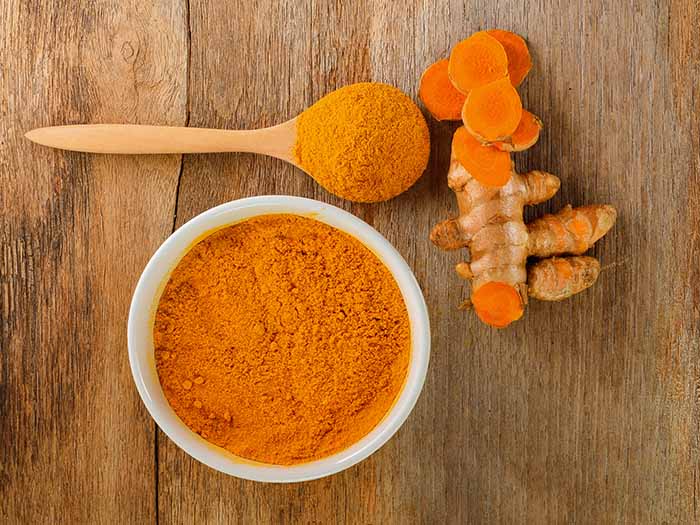Turmeric lattes are not just for the millennials. Researchers have found that senior people would also benefit by including Indian curries, turmeric latte or turmeric-ginger tonic or any other turmeric containing food to their diet.
Curcumin present in turmeric, which gives it the significant yellow color, is found to be responsible to improve mood and memory in senior people suffering from mild cases of age-related memory loss, according to a new study published in the American Journal of Geriatric Psychiatry. [1]
Researchers from the University of California, Los Angeles studied 40 participants (50 to 90 years) for 18 months. The participants involved did not suffer from dementia but had mild memory complaints. They split the participants into two groups randomly. The experimental group was given curcumin tables twice daily. The other group received a placebo, where the patients are given tablets that have no therapeutic effect but only psychological benefit. It was a double-blinded study where neither the experimenters nor the participants know who is receiving the treatment. The objective of any double-blinded study is to help prevent bias in the study analysis, especially due to the placebo effect. [2]

The research team took cognitive assessment tests of all the participants before the beginning of the study and then after every 6 months until the end of the study. 30 of the random participants also had their brain activity tracked for better analysis. The result showed that those who had curcumin performed 28% better in their cognitive tests. They also showed mild improvements in mood. On the other hand, the placebo patients did not show any improvement at all. This is the first time a long-term study was performed to check the effects of curcumin on non-demented senior citizens.
The reason why curcumin had such positive effects on memory is yet to be discovered but scientists believe that it could be due its anti-inflammatory effects on the nervous system. “Exactly how curcumin exerts its effects is not certain, but it may be due to its ability to reduce brain inflammation, which has been linked to both Alzheimer’s disease and major depression,” said lead study author Dr. Gary Small, director at UCLA’s Longevity Center.
